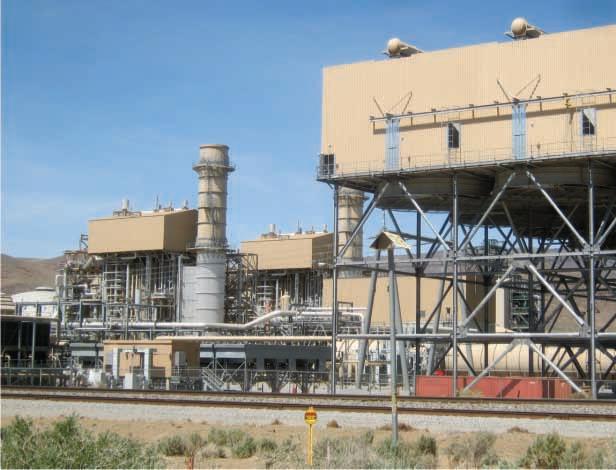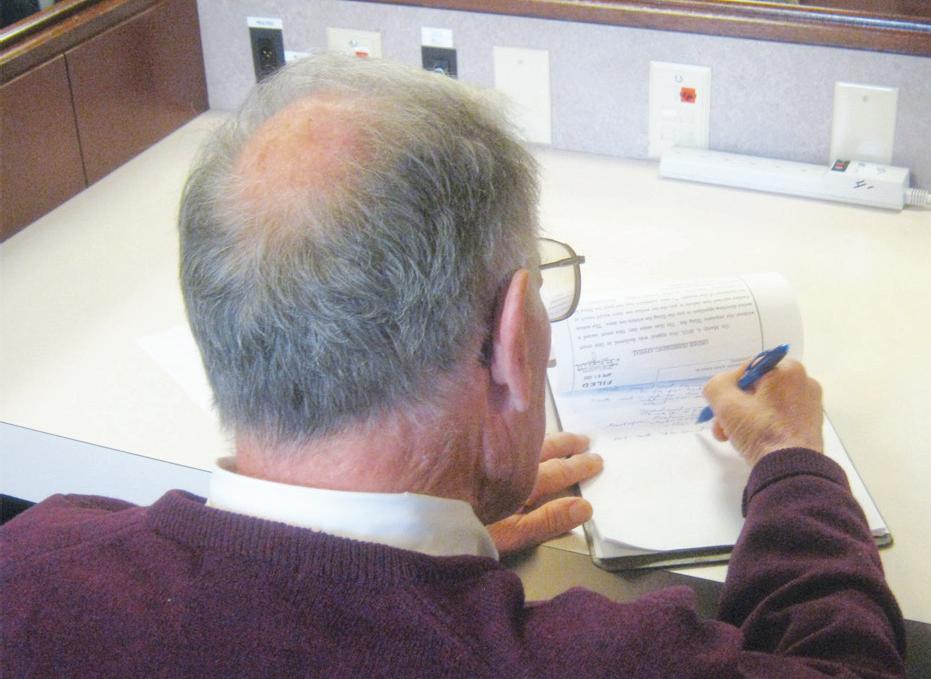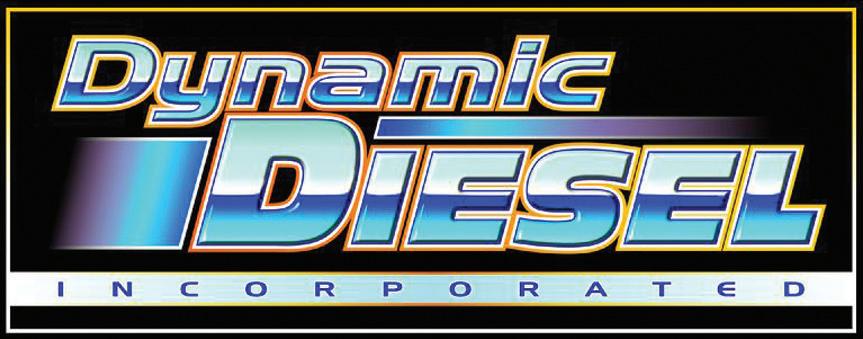
10 minute read
News
from April 18, 2013
On the right: End drug war
The rightist Nevada Public Research Institute has called for an end to drug prohibition.
Advertisement
“Nevada governments spent roughly $258 million in 2008 to enforce drug prohibition within the state’s borders,” the group said in lengthy paper on Nevada issues titled Solutions 2013. “This includes $51 million for policing, $62 million in judicial expenses and $150 million for corrections. As these figures indicate, enforcing the prohibition of a substance for which there is significant demand can be a costly proposal.”
Where drug warriors tend to blame drug-related violence on drug use, NPRI argues that drug prohibition causes it:
“Because buyers and sellers within black markets cannot turn to the legal system to solve disputes or protect property rights, only violent means remain. Indeed, many scholars argue that prohibition increases the rate of violence in society. When the legal system fails to recognize property rights and contract law, black markets thrive, generating opportunities for individuals to now profit through the most unscrupulous of behaviors. Drug cartels, narco-terrorism and gang violence spread—as America now witnesses daily on its southwestern borders. Because of such effects, researchers have found, higher public spending on prohibition enforcement leads to higher murder rates and other violent crimes. Hence, prohibition enforcement appears to be a public safety expenditure that actually endangers the public safety.”
NPRI also asserted that prohibition creates a market and ending prohibition reduces drug use: “Significantly, in Europe also, in the decade since Portugal decriminalized the possession of all drugs, usage rates in that nation have declined across the board.”
On marijuana—the Nevada Legislature is now considering making it legal—NPRI contends that there is a good fiscal reason for doing so: “Of the $258 million that Nevada taxpayers spent to enforce drug prohibition in 2008, nearly $50 million was spent to counter private citizens’ ability to possess small amounts of marijuana: More than 7,000 citizens were arrested for simple possession of marijuana.”
A puzzle within
The new state tourism slogan—“A world within. A state apart.”— has raised a lot of questions. Foremost among them: “What does it mean?”
That was the question we got from five people when we asked half a dozen Vassar Street post office patrons to read it and give us their reactions. The sixth said it reminded her of “that slogan—I forget what it was—that the city looked at.”
She’s referring to “A Little West of Center,” which was rejected by Reno officials as a city slogan. Mayor Bob Cashell was particularly outspoken, calling it “embarrassing.”
So we decided to ask Cashell about “A world within. A state apart.”
“I don’t understand it,” the mayor said. “I guess I’m not smart enough.”
On Yahoo Answers, on the very day the new slogan was announced, an entry was posted under the headline “What does ‘A world within. A state apart.’ mean?” The reader, who signed him/ herself Katsutoshi, wrote, “It doesn’t make sense to me who is a foreigner. Could you explain it in plain language for me?”
A reader responded:
“A world within: It means Nevada is like a small world within its boundaries. It has everything that the world has.
“A state apart: It means Nevada is very different from the other states. It is not the same as the other states.”
Meanwhile, Sparks Tribune columnist Andrew Barbano faulted claims that AWWASA is the first state “brand.” Barbano recalled “Bet on it,” a familiar campaign 45 years ago that used catchlines like “Is Nevada the place for world class entertainment? Bet on it.” “Is Nevada great for skiing? Bet on it.”
Barbano said, “Pros in the business took their hats off to that bull’s eye of a campaign that would fit any specific.” —Dennis Myers
Bad days for Newcastle
Health could improve as coal use declines
In 2007, Nevada Gov. Jim Gibbons proposed that the state get into the coal Dennis Myers business. “After visiting with Wyoming Governor Freudenthal and seeing what his state is doing, I will encourage the creation of a coal-toliquids fuels plant in Nevada, similar to the successful plant in Wyoming,” he told the Nevada Legislature. “It would use existing rail to transport coal to the plant and convert that coal to diesel and jet fuel for use at airports. It could also create natural gas to be injected into a natural gas pipeline for domestic use.”
Glenn Miller Unr scientist
The idea was widely derided. Assemblymember David Bobzien said, “Burning liquid coal fuel can emit twice as much CO2 as regular gas.”
The Las Vegas Sun said the technology Gibbons described was water intensive, and Nevada is a desert state.
And nearly everyone pointed out that Nevada doesn’t have coal.
That wasn’t entirely true. Coal has occasionally been struck and mined in Nevada, at Lewis in Lander County in 1881, Elko County in 1901, and intermittently over the years at Verdi in Washoe County.
But not recently, and never in great volume.
It turns out there’s another reason Gibbons’ idea did not catch on. Support for coal is falling as fast as support for marijuana is rising. Nevada would have been buying into an investment in decline.
When NV Energy announced on April 3 that it will close its coal-generating plants, starting with Reid Gardner in the south next year (one of its three units will continue operating until 2017), and finishing with its northern plant at Valmy in 2025, is joining a national trend.
And there have been published reports that NV Energy is considering backing out of its investment in Arizona’s 2,250 megawatt coal-fired Navajo Generating Station, which would be a financial jolt to that state’s utility customers. NV Energy has 11.3 percent of the project, which faces from $600 million to $1.1 billion in federally-ordered improvements to cut down on pollutants. The city of Los Angeles has announced it will no longer be a customer of the plant.
Rate debate
energy and increase its natural gas generating capacity. Its Tracy station east of Sparks uses natural gas.
In-state Nevada comment on NV Energy’s decision on coal tended to focus on supposedly likely rate hikes. Bob Boehm of the Center for Energy Research in Las Vegas told KVVU News, “There’s a cost associated with that and that’s the downside to it. … A lot of these renewables, you put all the expense in right at first.” The state Bureau of Consumer Protection estimates 8 percent in rate hikes over 10 years while NV Energy itself said to expect 4 percent over 20 years.
Reno scientist Glenn Miller disagreed.
“There’s no question that coal is cheap energy, but the price of natural gas has dropped so much that it is more competitive,” he said.
Nevadans currently pay the second highest power costs in the Intermountain West.
Outside Nevada, investors and analysts seemed to agree with Miller. The day after the NV Energy announcement, its shares gained 1.24 percent, closing at $20.36 on a volume of 6.02 million shares. A quick assessment by Goldman Sachs of the corporation reaffirmed its neutral rating and said the coal switch “will likely not impact earnings through 2015.”
SBWire said the corporation’s “focus on controlling costs and lower natural gas prices will certainly help. Lower natural gas prices have led to weakened demand for coal as more and more companies shift to natural gas from coal for power generation.”
The 1,021 megawatt Tracy generating station in the Truckee River canyon is an NV Energy facility that uses natural gas to create power.
Health costs
Most of the calculations showing financial impact failed to take into account reduced health care costs, though that is one of the reasons Nevada Moapa Paiute tribe has been pushing for shutdown of Reid Gardner.
“The Native American communities surrounding the Reid Gardner facility are going to have better health because of the lack of coal ash,” Miller said. “Each of us makes a decision on our own basis, but I suspect that solar electric generation would not have those kinds of consequences.”
Coal is a factor in asthma attacks, chronic bronchitis, heart attacks, hospital admissions, heart attacks, premature deaths, and lost work days. Nevada tends to be at the wrong end of state rankings in a
variety of health maladies.
A Clean Air Task Force study in 2010 estimated that pollutants from coal plants cause 20,000 heart attacks, more than 13,000 premature deaths, and 1.6 million lost work days each year at a total cost to the economy of more than $100 billion.
Miller said there is a moral component to the decisions being made about coal, akin to the concerns over deficits of the Reagan and Bush I administrations, when there was widespread comment that the deficits that created that era’s prosperity were being pushed onto the next generation.
“What we don’t deserve to do is to have cheap electricity when those costs are going to be extended to people in the future because of climate change,” Miller said. Coal is regarded as a principal contributor to climate change.
NV Energy is jumping on an increasingly popular movement. Two days after its announcement, Reuters reported, “U.S. power companies plan to shut or convert over 50,000 MW of smaller, older coal-fired plants over the next few years as cheap natural gas prices and strict environmental rules have made coal the more expensive option in some areas. Eventually, the switch away from coal may shut 60,000 MW to 100,000 MW of power generation across the country, according to industry estimates.”
At the time that NV Energy announced its break with coal, it also offered an amendment to Senate Bill 123 in the Nevada Legislature to accommodate that break. The maneuver alarmed some legislators who said there was no legislative action required in order for NV Energy to accomplish its plans. Their suspicions were heightened when the amendment was reported to contain language reducing Public Utility Commission authority over rate hikes.
On April 8, the Las Vegas Sun reported that NV Energy “can accomplish [the coal switch] through existing regulation; a change in state law isn’t necessary.”
S.B. 123, sponsored by Sen. Kelvin Atkinson of Clark County, is intended to encourage development of renewable power sources. Ω


SBWire.com



YOUR FASTEST FLIGHT Freedomto
When you get arrested, you need a fast, dependable, & courteous bail bondsman who will respect your confi dentiality. Locally owned & operated since 1952.
For reliable, 24/7, on-site personal service, call Mac’s Bail Bonds 775.329.7888
Located directly across from the jail at 910 E. Parr Blvd, Reno
Bail Bonds | Security Bonds | Insurance Se habla Español | License #8784 | MacsBailBondsReno.com
Turn your unwan T ed gold
Paper saver


Las Vegas Sun capitol bureau chief Cy Ryan listened to a Senate debate while taking notes. Look close and you’ll see that the backside of his sheets of writing paper already have printed text on them—he’s writing on the back of a court decision. Ryan has not bought a notepad for decades. He has always recycled the innumerable reports, speech texts, court rulings, legislation and so on that are dropped on the desks of capitol reporters. In the 1990s when Gov. Robert Miller offered the latest plan for reorganizing state government, it measured 8 and a half inches by 14 inches and about was about 3 inches thick. Ryan eyed it and said, “Its best and highest use is yet to come.”
into cash
s sell us your old gold and receive an extra 15% with this ad
White Gold, Yellow Gold, Platinum, Silver coins & Diamonds Platinum, Silver coins & Diamonds

Beautiful. Affordable.
5890 S. Virginia St. Ste 3 • 775-825-3499
Reno’s local custom jewelry store for 27 years












